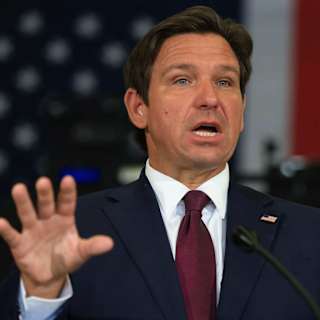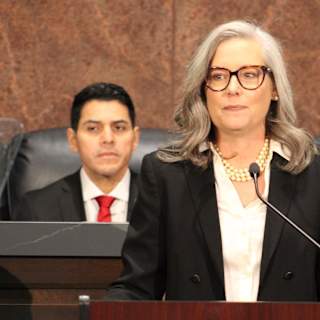- Recovery Package Provides Immediate Relief
- Budget Stalemate Continues
- Context and Implications
North Carolina lawmakers unanimously approved a $500 million Hurricane Helene recovery package Thursday, their final act before departing for summer recess without resolving a budget impasse that has left state employee raises and other priorities in limbo.
The compromise legislation, which passed both chambers with overwhelming support, represents the latest installment in the state's response to September's devastating storm but falls short of addressing the broader fiscal deadlock between Republican-controlled chambers.

The Helene aid package allocates funds across multiple recovery priorities, including $270 million for storm-damaged transportation infrastructure and $685 million in federal water and wastewater treatment funds from the Environmental Protection Agency1. Additional provisions include $75 million for private road and bridge repairs, $70 million for FEMA matching funds, and $25 million for agricultural crop loss programs1.
"We're certainly not addressing all needs, but there will be more for later," said Rep. Karl Gillespie, R-Macon, noting the bill addresses "the needs that are the most urgent right now"2.
The legislation emerged from conference committee negotiations after the House and Senate initially passed competing versions, with the final compromise excluding a House-proposed small business grant program that the Senate deemed unconstitutional13.
Despite resolving the Helene package, lawmakers departed without addressing their primary fiscal responsibility—a comprehensive state budget. The impasse prompted both chambers to propose scaled-back "mini-budget" spending bills, though they remain divided on details1.
The House mini-budget would provide most state workers a 2.5% raise and increase teacher pay by an average of 6.4%, while the Senate proposal excludes these pay increases entirely1. Neither addresses scheduled income tax cuts, which according to WUNC have been "the major sticking point between House and Senate Republicans in the larger budget battle"1.
House Speaker Destin Hall suggested lawmakers could leave for summer break without any spending agreement, telling WUNC "yeah, it's certainly possible"1.
The budget standoff continues a pattern of missed deadlines, with lawmakers failing to pass budgets by fiscal year-end in five of the past six years, according to the North Carolina Budget & Tax Center1.
The Helene package now heads to Gov. Josh Stein, who has 10 days to sign, allow passage, or veto the measure2.



